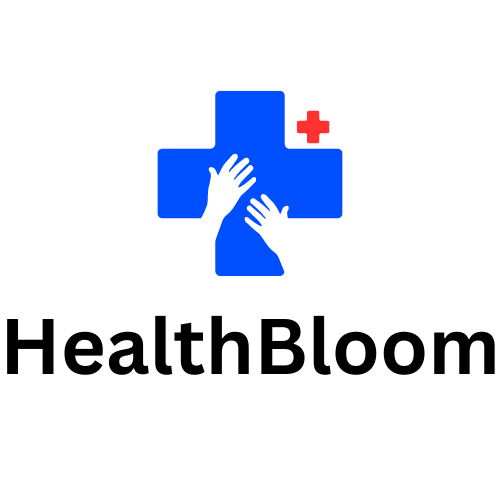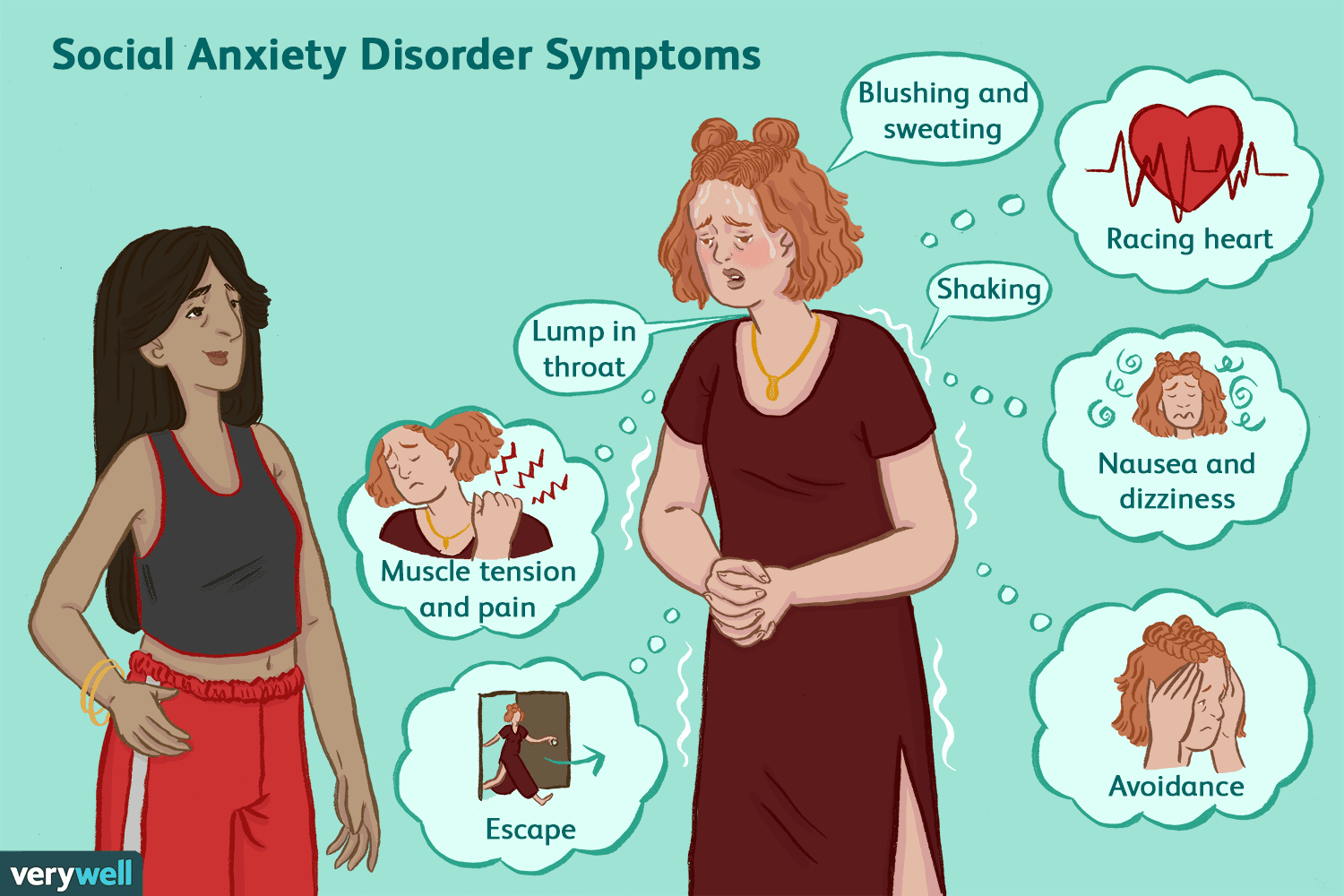Introduction to Social Anxiety Disorder 🧠
Social Anxiety Disorder (SAD), also known as social phobia, is a severe mental health condition characterized by an intense and irrational fear of social situations. Those affected experience overwhelming anxiety about being judged or humiliated in public or performance scenarios, which can significantly disrupt daily activities, personal relationships, and professional life.
The Emotional and Physical Toll of Social Anxiety 🌪️
Emotional Symptoms 😔
| Symptom | Description |
|---|---|
| Fear of Social Situations | Overwhelming dread of interacting with others. |
| Fear of Judgment | Anxiety about negative evaluation. |
| Worry About Embarrassment | Persistent concern about making mistakes. |
| Avoidance Behavior | Steering clear of social gatherings and public speaking. |
| Daily Disruption | Anxiety affecting work, school, and personal activities. |
Physical Symptoms 🤯
| Symptom | Description |
|---|---|
| Blushing | Uncontrollable reddening of the skin. |
| Sweating | Excessive perspiration, particularly in social contexts. |
| Trembling | Shaking hands or voice. |
| Nausea | Upset stomach and gastrointestinal discomfort. |
| Difficulty Speaking | Trouble articulating thoughts. |
| Muscle Tension | Tightness in muscles. |
| Heart Palpitations | Rapid or irregular heartbeat. |
| Shaky Hands and Cold Sweat | Physical signs of anxiety. |
Differentiating Social Anxiety Disorder from Shyness 🔍
Shyness vs. Social Anxiety Disorder 🆚
- Shyness: Temporary discomfort in social situations, often outgrown.
- Social Anxiety Disorder: Persistent, disruptive anxiety that impacts daily functioning.
Understanding this distinction is crucial for effective treatment and support.
Recognizing the Signs and Seeking Help 🚨
Steps to Recognize and Address Social Anxiety Disorder 📝
- Identify Symptoms: Observe emotional and physical symptoms.
- Consult a Professional: Seek help from a mental health expert.
- Get Diagnosed: Receive a formal diagnosis to explore treatment options.
Effective Treatments for Social Anxiety Disorder 💊
1. Cognitive Behavioral Therapy (CBT) 🧑⚕️
CBT is a widely recommended treatment for social anxiety disorder:
- Exposure Therapy: Gradual exposure to feared situations.
- Cognitive Restructuring: Changing negative thought patterns.
2. Medication 💉
Medication can help manage symptoms effectively:
- Selective Serotonin Reuptake Inhibitors (SSRIs): Paroxetine, Sertraline.
- Serotonin-Norepinephrine Reuptake Inhibitors (SNRIs): Venlafaxine.
- Beta Blockers: Manage physical symptoms like trembling.
3. Lifestyle Changes 🌿
Incorporate lifestyle changes to support mental health:
- Regular Exercise: Boosts mood and reduces stress.
- Healthy Diet: Supports overall well-being.
- Adequate Sleep: Essential for managing stress.
- Mindfulness and Relaxation Techniques: Practice meditation and deep breathing.
Tips for Managing Social Anxiety Disorder 💡
Daily Tips for Managing Social Anxiety 🏆
| Tip | Description |
|---|---|
| Set Small Goals | Start with manageable social interactions and gradually increase exposure. |
| Practice Self-Care | Engage in activities that promote relaxation and well-being. |
| Seek Support | Connect with support groups or trusted individuals. |
| Stay Informed | Educate yourself about social anxiety and effective coping strategies. |
Empowering Yourself to Overcome Social Anxiety 🌟
Overcoming social anxiety is a gradual process involving therapy, medication, and lifestyle adjustments. Building self-confidence and learning coping strategies are key to managing and eventually overcoming this condition.
Empower Yourself:
- Seek Professional Help: A mental health expert can guide you through effective treatments.
- Implement Lifestyle Changes: Regular exercise, a balanced diet, and adequate sleep can make a significant difference.
- Use Support Resources: Leverage therapy, support groups, and self-help materials to build confidence.
FAQs about Social Anxiety Disorder ❓
Q1: What is the main cause of social anxiety disorder?
A1: Social anxiety disorder often arises from a combination of genetic, environmental, and psychological factors. It can be influenced by past negative social experiences, a family history of anxiety disorders, or an imbalance of brain chemicals.
Q2: Can social anxiety disorder be completely cured?
A2: While social anxiety disorder may not always be completely cured, it can be effectively managed with the right treatment. Many people experience significant improvements in their symptoms with therapy and medication.
Q3: How long does treatment for social anxiety disorder take?
A3: The duration of treatment can vary depending on the individual. Some may see improvements within a few months, while others may require longer-term therapy and medication. Consistency in treatment and adherence to therapy are crucial for effective management.
Q4: Are there any self-help strategies for managing social anxiety?
A4: Yes, self-help strategies such as regular exercise, practicing mindfulness, setting small goals, and engaging in relaxation techniques can be beneficial in managing social anxiety. Joining support groups and seeking online resources can also provide additional support.
Q5: How can I support a friend or loved one with social anxiety disorder?
A5: Supporting someone with social anxiety involves being understanding and patient. Encourage them to seek professional help, listen without judgment, and offer practical support in social situations.
Conclusion
Social Anxiety Disorder is a challenging condition, but effective treatments and support are available. With the right approach, individuals can manage and overcome the effects of social anxiety, leading to a more fulfilling and less anxious life.






